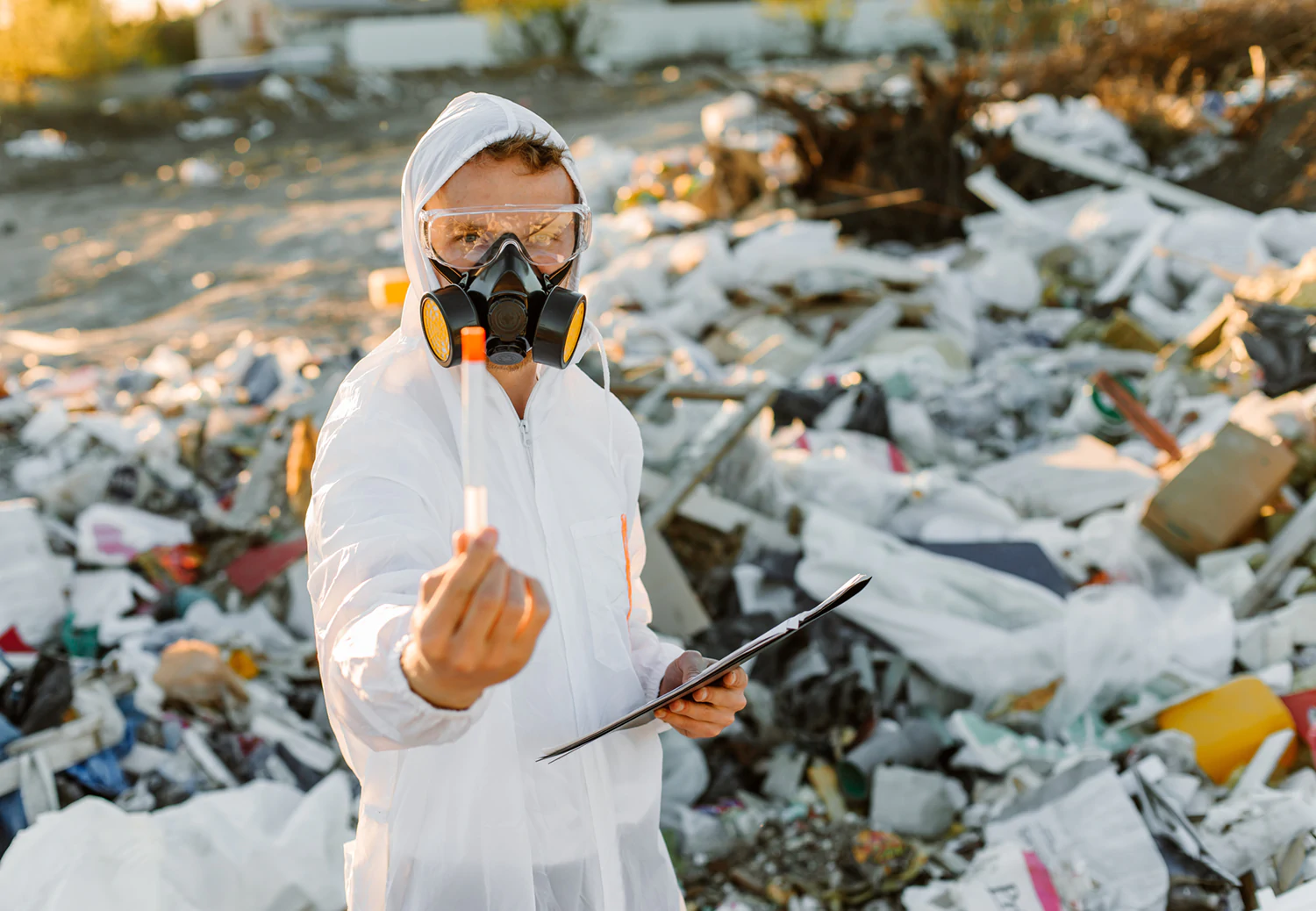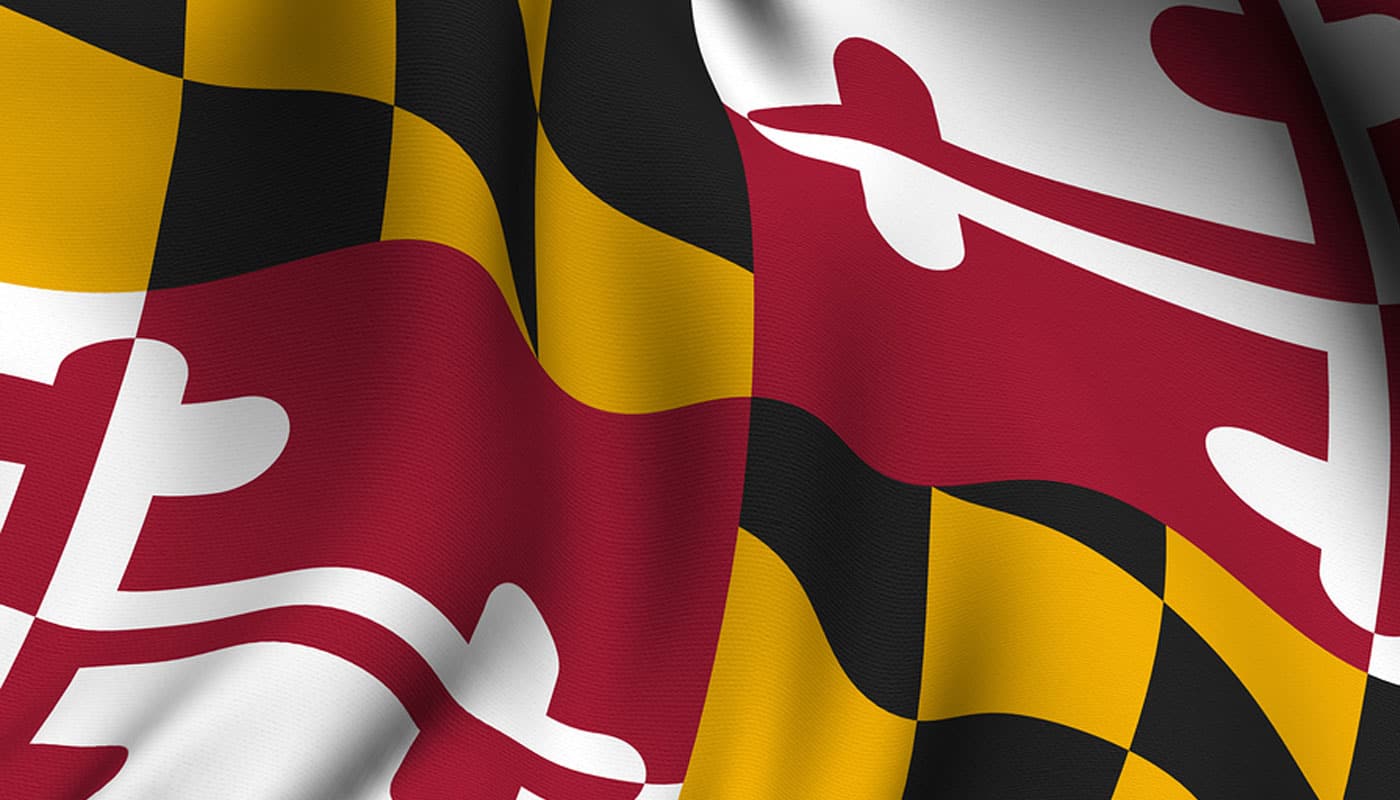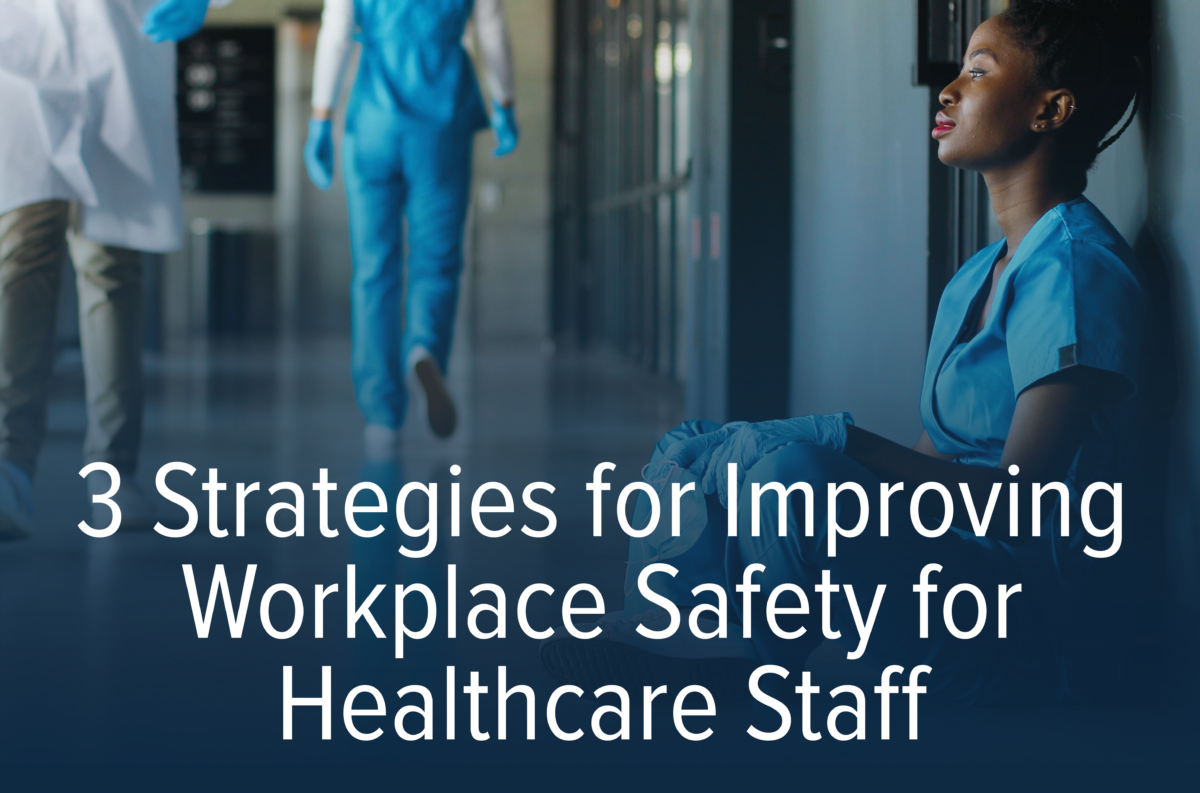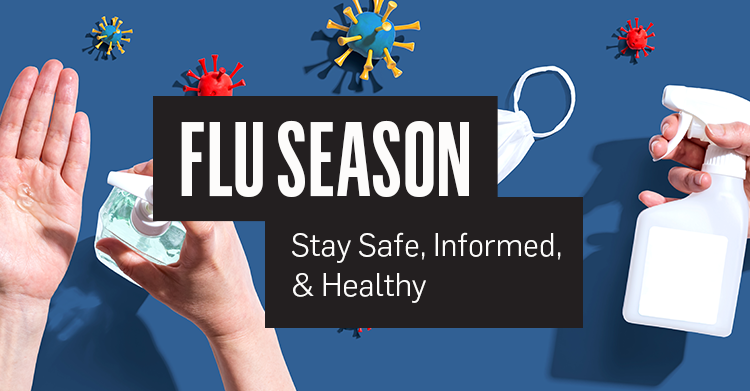Avoiding Common Medical Waste Disposal Mistakes: A Guide for Maryland, Virginia, and Washington D.C. Healthcare Providers
Medical waste management is a critical responsibility for healthcare providers. Whether you operate a hospital in Maryland, a clinic in Virginia, or a dental office in Washington D.C., improper handling of medical waste can lead to serious health, legal, and environmental consequences.
Unfortunately, several common mistakes occur in medical facilities—often due to hectic routines, carelessness, or lack of training. This guide outlines six frequent medical waste disposal mistakes and how to avoid them, emphasizing local compliance in MD, VA, and D.C.
Healthcare providers can maintain safety and compliance by understanding these pitfalls and implementing best practices (with support from a reliable partner like Secure Waste).
Are You A Medical Waste Disposal Company? “Click Here”
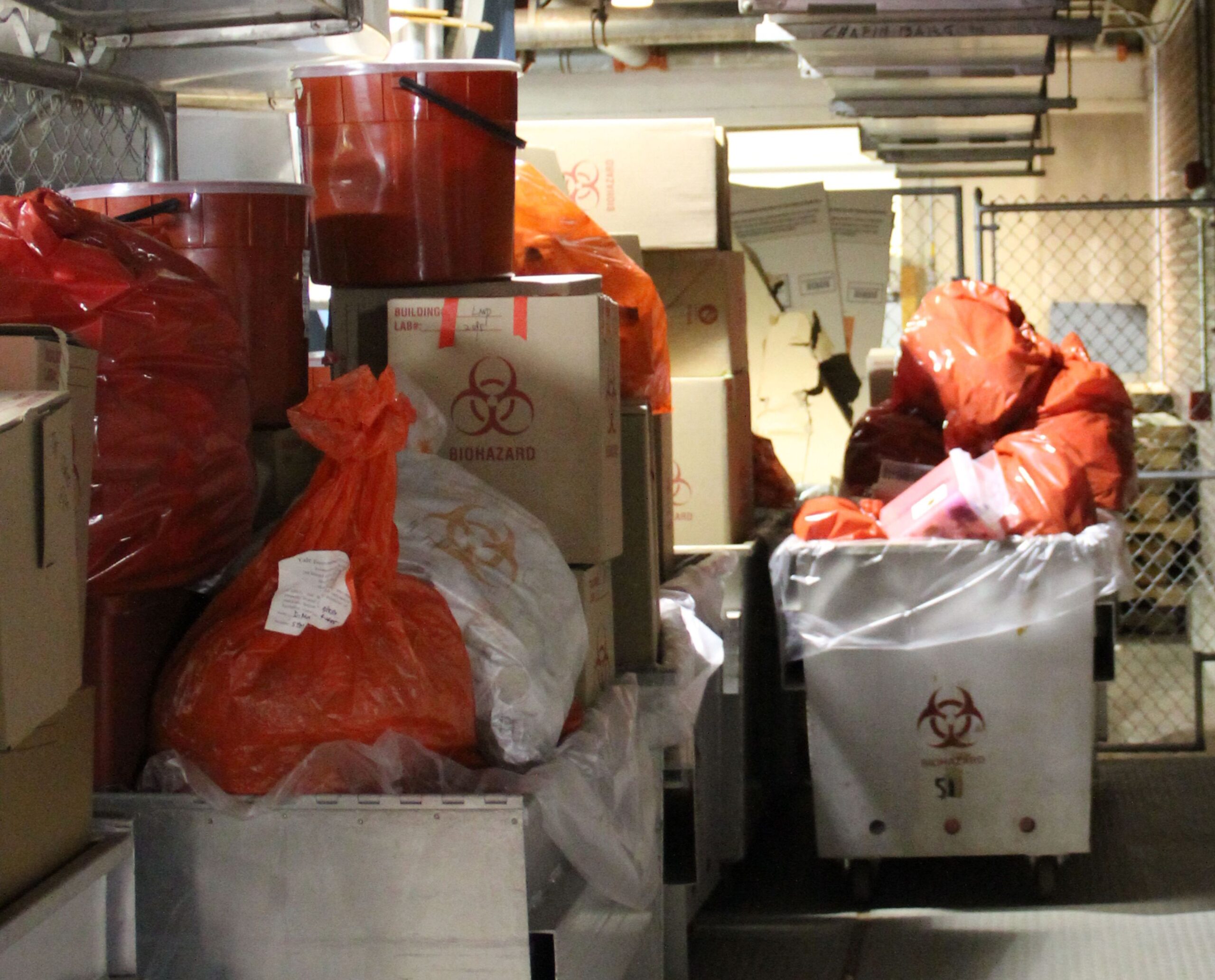
1. Improper Sharps Disposal
Sharps (needles, syringes, scalpels, and other devices that can cut or puncture) require meticulous disposal. Tossing used needles into regular trash or leaving them on bedside trays is extremely dangerous. According to the National Institute for Occupational Safety and Health (NIOSH), needlestick injuries can transmit bloodborne diseases such as HIV, hepatitis B, and hepatitis C. The CDC estimates that roughly half of all sharps injuries occur during use, and about 10% occur after use but before proper disposal. This means that failing to discard needles into an appropriate sharps container immediately significantly increases the risk of accidental sticks.
Best practices: Always dispose of needles and other sharps immediately after use in an approved sharps disposal container. Federal OSHA regulations require these containers to be closable, puncture-resistant, leak-proof, and labeled with the biohazard symbol. They should be easily accessible at the point of use, kept upright, and replaced before they become overfilled (typically at three-quarters full). Never attempt to force additional sharps into a full container or leave sharps sitting out – even momentarily. OSHA’s Bloodborne Pathogens Standard mandates that sharps containers be closed immediately before removal or replacement to prevent spillage or protrusion of contents during handling or transport.
Local compliance: Sharps are treated as regulated biohazardous waste in Maryland, Virginia, and D.C., with specific rules to follow. For example, in Washington, D.C., sharps disposal is considered biohazardous waste, and healthcare facilities must ensure that any company transporting sharps waste is appropriately licensed to handle medical waste. The FDA also recommends disposing of sharps containers that are puncture-proof, leak-resistant, and marked with a biohazard label when they are about 3/4 full. All three jurisdictions (MD, VA, D.C.) require sharps to be segregated from general trash and handled by licensed medical waste contractors.
Secure Waste’s solution: Secure Waste helps healthcare providers in MD, VA, and D.C. avoid disposal mistakes by supplying compliant sharps containers and reliable pickup services. They ensure containers are positioned correctly in your facility (per OSHA and FDA guidelines) and replaced on schedule so you’re never left with an overflowing sharps bin. With Secure Waste’s sharps management program, you reduce the risk of needlestick injuries and remain fully compliant with state and federal sharps disposal requirements.
2. Mixing Medical Waste Streams
Another common mistake is mixing different types of waste – for instance, throwing a red biohazard bag or a used sharp into the regular trash or combining hazardous pharmaceutical waste with non-hazardous waste. Tossing “just one” red bag or syringe in with general waste may seem harmless. Still, any infectious or hazardous waste mixed with ordinary trash can contaminate the entire batch. This creates a safety hazard and means the whole mixture must be treated as regulated waste, dramatically increasing disposal costs and complexity. Every waste stream (sharps, biohazardous, pharmaceutical, chemical, general trash, etc.) has specific handling and treatment methods, and they must remain separate from one another to be managed safely and legally.
Dangers of mixing waste: If infectious medical waste is buried in a landfill or burned with household trash, it can release harmful bacteria, viruses, or chemical toxins into the environment. Regulators caution that bare trash must be kept separate from medical waste that can harbor infectious diseases. A notable case in Virginia involved a hospital fined $40,000 by the state for disposing of medical waste with regular garbage. In that incident (and several others in the area), inspectors found syringes, blood-soiled gauze, and other biohazardous materials mixed into regular trash – a clear violation of regulations resulting from improper segregation. Such mistakes endanger waste management workers (some have been stuck by contaminated needles when sorting trash) and can lead to serious public health risks.
Proper segregation: Never throw red-bag waste or sharps into municipal trash to avoid this. Use designated, color-coded containers: red bags for biohazardous infectious waste, sharps containers for needles, separate containers (often black or yellow) for hazardous pharmaceuticals, etc. Label each container clearly with the type of waste it contains. Federal and state regulations require proper labeling and signage – for example, posting warning signs in areas where hazardous waste is stored and marking containers with the biohazard symbol or appropriate hazard class. In Maryland, regulated medical waste is defined as “special medical waste, ” including blood, sharps, and other potentially infectious materials. The state’s regulations (COMAR 10.06.06 and COMAR 26.13) detail that these wastes must be segregated and treated before disposal. Virginia’s medical waste rules (9VAC20-121) similarly mandate strict separation, packaging, and labeling of regulated medical waste to protect people and the environment.
Secure Waste’s solution: Secure Waste simplifies waste segregation for clients by providing the proper containers and training for each waste stream. They deliver clearly labeled red bags, sharps boxes, pharmaceutical waste containers, and other bins as needed, ensuring that your staff always have the proper receptacle. Secure Waste also helps create a segregation plan to separate infectious, hazardous, and non-hazardous wastes, preventing accidental mixing. Using Secure Waste’s services, healthcare facilities in the D.C., Maryland, and Virginia regions can comply with local waste segregation laws and avoid cross-contamination issues.
3. Unsafe Pharmaceutical Waste Handling
Pharmaceutical waste – expired medications, partially used vials, toxic drugs like chemotherapy agents, etc. – presents unique hazards if mishandled. Some pharmaceuticals are classified as hazardous waste under EPA regulations due to characteristics like ignitability (flammability), corrosivity, reactivity, or toxicity. For example, specific chemotherapy (antineoplastic) drugs are not only toxic to living cells but can also be corrosive or even radioactive. If these substances are thrown in the regular trash or poured down the drain, they can cause serious harm. Improper disposal of hazardous pharmaceuticals contributes to environmental damage – trace medications can leach into soil and groundwater or pollute waterways. Studies have found pharmaceuticals in local water bodies; nearly 75% of Chesapeake Bay’s tidal waters are impaired by contaminants like pharmaceuticals and other chemicals, illustrating the regional impact of medication waste getting into the ecosystem. Not only aquatic life but also drinking water sources can be affected when drugs are not disposed of correctly.
There are also direct human safety risks. A vial of a cytotoxic drug or a fentanyl patch tossed in a regular trash bag could expose housekeeping staff, waste haulers, or even the public to dangerous substances. Unprotected contact with specific drug residues can injure healthcare workers or waste handlers. Moreover, some pharmaceutical waste is regulated as controlled substances (e.g., opioids), which fall under DEA oversight. Improper handling of controlled drugs—such as failing to document their destruction or diverting them into the trash—can lead to serious legal issues under the Controlled Substances Act.
Regulatory requirements: Given these dangers, strict rules govern pharmaceutical waste. The EPA issued the Hazardous Waste Pharmaceuticals Rule (40 CFR 266 Subpart P) to streamline how healthcare facilities must manage disposed medications. As of August 2019, all healthcare facilities are prohibited from flushing hazardous waste pharmaceuticals down the sewer. In other words, clinics and hospitals in every state (including MD, VA, and D.C.) may not pour drugs down sinks or toilets; they must use proper disposal containers and services. Hazardous pharmaceutical waste (like certain chemo drugs, warfarin, etc.) should go into designated containers for hazardous waste and be incinerated or treated at permitted facilities, not placed in red bags or general trash. Non-hazardous pharmaceuticals, while not regulated as hazardous waste, are still best managed through take-back programs or medical waste disposal services rather than trash, as pharmaceuticals in the environment are undesirable. Maryland, Virginia, and D.C. each incorporate these federal standards and may have additional requirements, such as obtaining an EPA hazardous waste generator registration if large quantities are generated.
Safe practices: Do not dispose of pharmaceuticals with biohazard waste or regular garbage to avoid mistakes. Segregate pharmaceutical waste into appropriate containers (often blue or black bins for hazardous pharma or specific mail-back envelopes for controlled substance destruction). Ensure that sharps used with pharmaceuticals (like syringes used to administer medications) are disposed of in sharps containers and that any residual drugs in them are accounted for. Train pharmacy and nursing staff on identifying hazardous waste drugs (many facilities maintain a list or formulary indicating this). Also, follow DEA guidelines for controlled substances: these typically must be destroyed beyond reclamation (often via chemical digestion or incineration) and documented with a witness or via a reverse distributor program rather than thrown out.
Secure Waste’s solution: Secure Waste offers specialized pharmaceutical waste management services to help healthcare providers safely handle this complex waste stream. They provide proper containers for hazardous and non-hazardous pharmaceutical waste and ensure no pharmaceuticals are in the wrong bin or down the drain. Secure Waste stays up-to-date with EPA and state regulations so that they can guide your facility in Maryland, D.C., or Virginia on compliance – including the 2019 sewer ban and any required documentation for controlled substances. By partnering with Secure Waste, facilities can confidently dispose of expired or unused medications, knowing they will be transported and treated in full compliance with environmental laws, thus protecting your staff, patients, and local waterways.
4. Open Biohazard Containers in Clinical Areas
Disposing of infectious or biohazardous waste in open containers (or, worse, leaving it sitting out) is another mistake that jeopardizes safety. Every red bag or biohazard container should be appropriately secured and covered, especially in patient care areas. However, mistakes like overfilling a red bag and not sealing it or not having an adequate number of biohazard bins available can lead to situations where infectious materials are exposed. In some busy clinics or hospital units, you might see an exam room lacking a red waste bin – in those cases; staff might improvise by tossing contaminated gauze or PPE into a regular trash can or a corner hamper, which is dangerous. Neglecting to supply enough biohazard containers for each room or leaving containers gaping open can result in spills, needle sticks, or contact with blood or bodily fluids.
Risks of open or improper containers: An open biohazard bag or container can easily tip over or be accessed by unauthorized persons. For example, a bag of used dressings left open in a hallway could spill and expose housekeeping staff to blood. If curious individuals (children, visitors) can see or reach waste, they could be harmed. Moreover, using the wrong type of container (such as a generic trash can rather than a certified red biohazard container) is a compliance violation. Waste handlers may not recognize medical waste packaging that does not display the universal biohazard symbol or the required red color, increasing the risk of mishandling. Improper containers can also run afoul of Department of Transportation (DOT) regulations, which require specific packaging for infectious substances during transport. If a clinic were to hand a leaky, unlabeled bag of biohazardous waste to a waste transporter, the transporter might refuse it or risk a DOT violation. Indeed, using containers that are not marked or not design-approved can endanger waste transport workers and violate transport rules.
Best practices: Always use proper red bags and closable biohazard waste bins for regulated medical waste (RMW). These containers should be present in every location where RMW is generated – each patient exam room, procedure room, lab, etc., should have a marked biohazard receptacle. Keep lids on bins closed except when adding waste, and never leave filled bags or sharps containers open to the environment. OSHA requires that regulated waste containers be closed before removal to prevent leakage or protrusions. So, once a red bag is about 2/3 complete, tie it securely (with a goose-neck knot or appropriate closure) and replace it with a new bag. For reusable tubs or bins, ensure the lid is sealed. Store full biohazard containers in a secure area away from public access until they are picked up for disposal. In Maryland and Virginia, medical waste storage areas must be labeled and inaccessible to unauthorized personnel as part of state regulations. Also, never use improper substitutes (e.g., do not use a regular black trash bag for biohazard waste). The container material must be sturdy enough to prevent leaks and labeled per OSHA and DOT requirements (red or marked “Biohazard”). Keeping the correct containers closed will protect healthcare workers, patients, and waste handlers from accidental exposure.
Secure Waste’s solution: Secure Waste assists facilities by supplying appropriate biohazard bags, containers, and signage and by ensuring waste is promptly removed on a schedule so containers do not overflow. Suppose your clinic or hospital needs additional RMW bins in certain areas. In that case, Secure Waste can advise them on proper placement (for example, they can help evaluate your space so that each patient room in your Maryland facility has a biohazard container, reducing the temptation to use regular trash). During pickups, Secure Waste’s technicians ensure all red bags are sealed and all sharps containers are closed, which aligns with OSHA and DOT standards. Using a professional service like Secure Waste, you can maintain a clean, safe clinical environment with no open biohazard waste.
5. Inadequate Training Standards
A less immediately visible but equally important mistake is failing to train staff in proper medical waste handling. Even with the right containers and policies, mistakes will happen if doctors, nurses, aides, janitors, and other personnel are not educated on waste segregation and safety procedures. Inadequate training can lead to accidents, such as someone putting the wrong item in the wrong bin, not wearing protective gear when handling waste, or improperly sealing a container. Every employee in a healthcare facility – from physicians to housekeepers – should understand the basics of regulated medical waste and how to deal with it safely. This includes knowing how to identify hazardous vs. non-hazardous waste, how to package each type, and what the disposal protocols are.
Training requirements: Training isn’t just a good practice; it’s often legally required. OSHA mandates orientation and annual refresher training for any staff who handle blood or potentially infectious materials, per the Bloodborne Pathogens Standard. This training covers avoiding needle sticks, using personal protective equipment (PPE), proper container use, and other safe work practices to mitigate infection risk. Additionally, suppose employees are involved in packing or transporting medical waste (for example, preparing waste for off-site shipment or signing waste manifests). In that case, the Department of Transportation requires hazmat training initially and every 3 years for those workers. Many states, including Maryland and Virginia, also expect healthcare facilities to train staff on their specific medical waste management plan. In short, lack of training is not a valid excuse for non-compliance—regulators can and do cite facilities if employees are unaware of proper procedures.
Common training gaps: New hires and temporary staff are prone to making waste errors if not trained from day one. For example, a nurse new to a D.C. clinic might not realize that unused IV bags with certain medications should go in a hazardous waste instead of a red bag, or a cleaning staff member might not know how to identify and handle a chemo spill cleanup. Regular training and refreshers are needed to update everyone on the latest regulations and facility protocols. Remember that guidelines change; for instance, if Maryland updates its definition of special medical waste or changes its federal rules, staff should be informed. Training documentation is also essential – maintain records of who was trained, on what topics, and when, in case of an inspection.
Building a culture of safety: Beyond formal training sessions, healthcare facilities should cultivate a culture where employees feel responsible for proper waste handling. Clear, accessible instructions (posters near waste stations outlining what goes where), easy-to-use containers, and a system for employees to ask questions or report issues all contribute to better compliance. If an employee is unsure if a particular item is hazardous, there should be resources (charts, supervisors, or waste management contacts) to assist them. Mistakes often stem from confusion or lack of knowledge, so investing in education can dramatically reduce errors and accidents.
Secure Waste’s support: Secure Waste actively bolsters your facility’s training and compliance. Secure Waste provides guidance and training materials to client facilities as a specialized medical waste partner. They can help conduct training sessions or free consultations to educate your staff on correctly recognizing and segregating medical waste. For example, Secure Waste might perform a waste audit and then train your team on any deficiencies found (like pointing out if biomedical waste was improperly going into regular trash). With over 25 years of experience serving Maryland, Virginia, and D.C., the Secure Waste team stays on top of regulatory changes and can update your staff on new rules. By ensuring your personnel are well-trained, Secure Waste helps you maintain compliance and fosters a safer workplace where everyone knows their role in proper waste management.
6. Legal and Safety Consequences of Improper Disposal
Ignoring the rules and risks of medical waste management can lead to severe legal and safety consequences. The immediate safety hazards include needle-stick injuries (which can result in costly medical testing, prophylactic treatment, or even life-threatening infections), exposure to toxic chemicals or drugs, and environmental contamination that could harm the surrounding community. However, beyond the direct harm to people and the environment, healthcare facilities face hefty penalties if they violate medical waste regulations. Enforcement agencies at the federal, state, and local levels can levy fines, and these can quickly amount to staggering sums:
- Federal penalties: The Occupational Safety and Health Administration (OSHA) can impose fines for violations of standards like the Bloodborne Pathogens Standard (for example, failing to use proper sharps containers or PPE). Such penalties typically range from $7,000 for serious violations to $70,000 for willful or repeated violations per incident. The Environmental Protection Agency (EPA) can also enforce against improper hazardous waste disposal. For instance, violations involving dangerous pharmaceutical waste disposal can incur fines of $10,000 to $25,000 per day per violation. If a facility were found illegally dumping toxic substances (regulated under laws like the Toxic Substances Control Act), penalties could reach around $40,000 per day for each violation. These numbers illustrate that non-compliance can be financially devastating, even temporarily.
- State and local penalties: Maryland, Virginia, and D.C. authorities can enforce their medical waste regulations in addition to federal rules. State environmental agencies may issue fines and citations for mismanaged medical waste. For example, as noted earlier, a Virginia hospital was fined $40,000 in state penalties for mixing medical waste with regular trash. Maryland’s Department of the Environment (MDE) can enforce special medical waste rules under state code, and violations could result in fines, permit revocations, or even facility shutdown orders in extreme cases. Washington D.C.’s Department of Energy & Environment (DOEE) oversees medical waste in the District and can issue penalties for improper disposal under D.C. law. Aside from fines, facilities might be liable for the cleanup costs of any contamination they cause.
- Legal liability and reputation: In addition to regulatory fines, improper disposal can expose a facility to lawsuits. If an employee contracts a severe illness from a needle stick due to employer negligence, there could be workers’ compensation or legal claims. If community members are harmed by waste mismanagement (for instance, a child finds a disposed syringe in a parking lot), the public relations fallout and liability could be significant. At the very least, being cited for medical waste violations can damage a healthcare provider’s reputation. Hospitals and clinics are entrusted with community health; news of biohazard waste being mishandled can erode patient trust and attract negative media attention. Compliance is not just about avoiding fines—it’s about preserving your institution’s good standing and commitment to health and safety.
In summary, the cost of complacency with medical waste rules is far too high. Fines reaching tens of thousands of dollars per day, potential legal action, and risk to human life make it imperative for healthcare providers to take waste disposal seriously. It is far more cost-effective and responsible to invest in proper waste management upfront than to deal with the aftermath of a violation or injury. As the old saying goes, an ounce of prevention is worth a pound of cure – by not making these common mistakes, you avoid sanctions and ensure a safer environment for everyone.
Secure Waste’s role in compliance: One of the best ways to avoid legal and safety consequences is to work with a professional medical waste management company. Secure Waste is a compliance partner for Maryland, Virginia, and D.C. healthcare facilities, helping you stay ahead of regulations and prevent violations. They provide documentation and manifests for all waste pickups (which is crucial during inspections). They maintain the required permits and insurance, so you don’t have to worry about the downstream handling of your waste. By scheduling regular pickups and assisting with proper segregation, Secure Waste ensures that your facility isn’t accumulating waste beyond allowed storage times or inadvertently breaking the rules. In essence, Secure Waste helps safeguard your facility’s compliance and reputation by managing the dirty work of medical waste in a safe, certified manner. Should regulators ever “come calling,” you’ll have confidence that your waste is being handled according to all applicable laws, thus dramatically reducing your risk of fines or adverse incidents.
Conclusion: Partnering with Secure Waste for Safe, Compliant Medical Waste Management
Maintaining a compliant medical waste disposal program in Maryland, Virginia, or Washington D.C. requires vigilance, proper procedures, and often expert help. The common mistakes outlined above—from improper sharps disposal to inadequate staff training—underscore how easy it is for lapses to occur and how preventable these issues are with the right approach. By recognizing these pitfalls and taking proactive steps, healthcare providers can protect their staff, patients, and community while satisfying all legal requirements.
Secure Waste is proud to be a local expert in medical waste management, with decades of experience helping healthcare facilities avoid these very mistakes. As a full-service provider, Secure Waste offers:
- Comprehensive Waste Solutions: Handling all types of medical waste – sharps, biohazardous waste, pharmaceutical, and hazardous chemical waste – in a compliant manner. This one-stop approach means you don’t have to juggle multiple vendors or worry about any waste stream being overlooked.
- Proper Containers and Supplies: Provision of approved sharps containers, red bags, spill kits, and other materials so your facility is always equipped to dispose of waste safely.
- Regulatory Compliance Support: Keeping you up-to-date with Maryland, Virginia, D.C., and federal regulations. Secure Waste’s team monitors regulatory changes and ensures your waste management practices adjust accordingly. They help with required paperwork, labeling, and manifesting to meet EPA, DOT, OSHA, and state environmental agency standards.
- Staff Training and Guidance: Secure Waste can be a knowledgeable resource for your staff’s questions and training needs. It can conduct on-site training or provide educational materials to improve waste segregation and handling procedures.
- Flexible Scheduling and No Hassle Service: Secure Waste offers no long-term contracts, transparent pricing (no hidden fees), and flexible pickup schedules that suit your facility’s needs. This ensures waste is removed promptly (preventing storage issues or overflow) and that you only pay for what you need. Secure Waste is fully licensed, bonded, and insured and prides itself on reliable, courteous service with a focus on safety and customer satisfaction.
With Secure Waste as your partner, you can have peace of mind that all aspects of medical waste management are correctly handled – from when waste is thrown in the bin at your site to the point of final treatment or disposal. This allows you and your healthcare team to focus on what you do best: providing excellent patient care rather than worrying about regulatory minutiae or hazardous waste risks.
For healthcare providers in Maryland, Virginia, or Washington D.C. looking to strengthen their medical waste practices, Secure Waste is ready to assist. Visit their website at securewaste.net or contact Secure Waste at 877-633-7328 for a free consultation and waste assessment. By proactively addressing common mistakes and leveraging Secure Waste’s expertise, your facility can ensure a safe, compliant, and environmentally responsible medical waste disposal program. Don’t let medical waste missteps put your staff or organization in danger. You can turn these common mistakes into safety and compliance success stories with the right partner and knowledge.
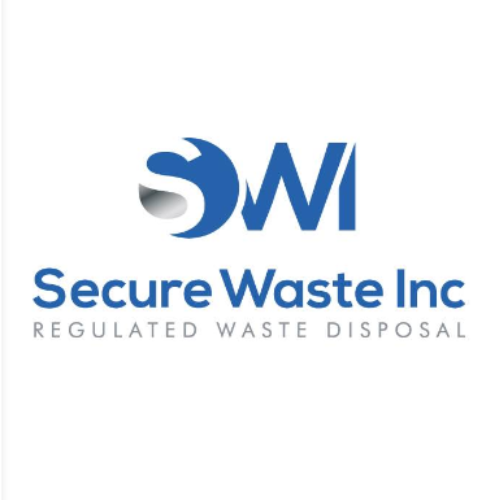
Expert Medical Waste Management: With over 25 years of industry experience, Secure Waste is a trusted local leader in hazardous and biohazardous waste disposal across Maryland, Virginia, and Washington, D.C. Specializing in medical waste management, sharps needle disposal, and biohazard waste removal, the company ensures full compliance with federal, state, and local regulations while prioritizing environmental sustainability.
The company also offers additional services, including secure document shredding and sharps container sales, providing comprehensive solutions for healthcare facilities and businesses. Our cost-effective services help clients maintain regulatory compliance without unexpected costs.
With a commitment to customer satisfaction, Secure Waste offers tailored waste management plans that align with industry best practices. Their team of experts provides reliable, timely, and compliant services, making them the preferred choice for medical waste disposal. For a free waste quote or more information, visit www.securewaste.net
